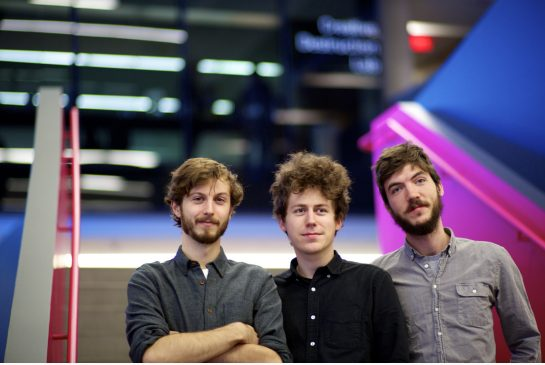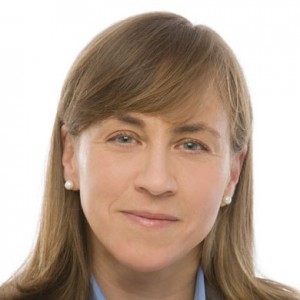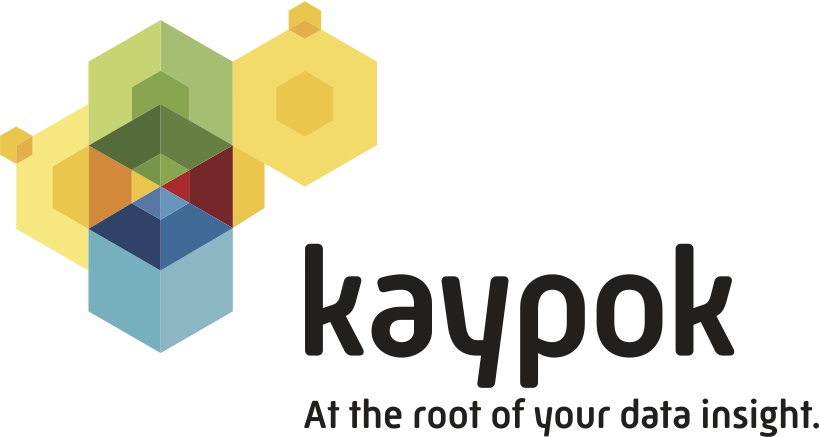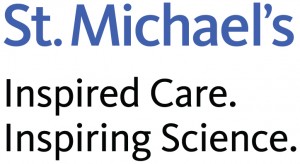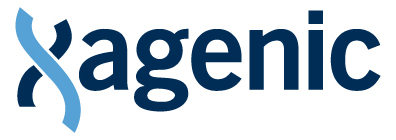UTEST gets a mention in TechVibes piece on Canada’s growing start-up scene
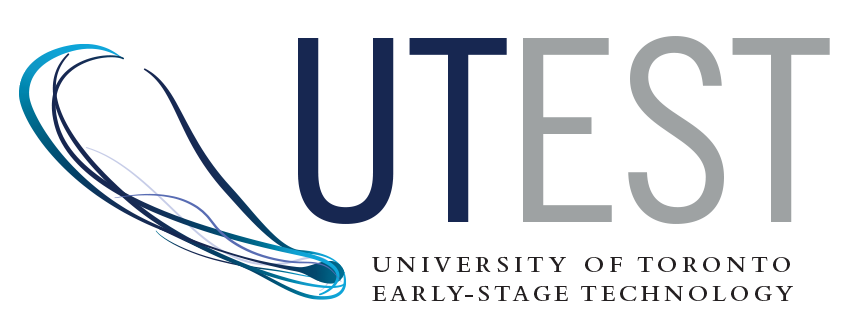 TechVibes gave UTEST, an incubator program jointly run by MaRS Innovation and the University of Toronto, a mention in Laura Leslie‘s “Canada’s Startup Communities Shining Brighter Than the California Sun,” published November 24, 2014, which explores the ecosystem-wide supports in place to encourage entrepreneurship in Canada.
TechVibes gave UTEST, an incubator program jointly run by MaRS Innovation and the University of Toronto, a mention in Laura Leslie‘s “Canada’s Startup Communities Shining Brighter Than the California Sun,” published November 24, 2014, which explores the ecosystem-wide supports in place to encourage entrepreneurship in Canada.
Leslie writes:
Silicon Valley may be the first place that comes to mind when you think of tech startups, but when considering resources, financial support, and a welcoming atmosphere, Canada has been steadily putting itself on the map. The startup communities in cities such as Vancouver, Waterloo, Toronto, Calgary and Montreal have proven to be a sought after home for some of the world’s most notable tech innovations of the last few years.
In a section on university supports, two of MaRS Innovation’s member institutions, the University of Toronto and Ryerson University, are cited for encouraging technology incubation and entrepreneurship:



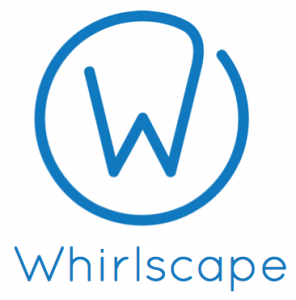 Whirlscape
Whirlscape